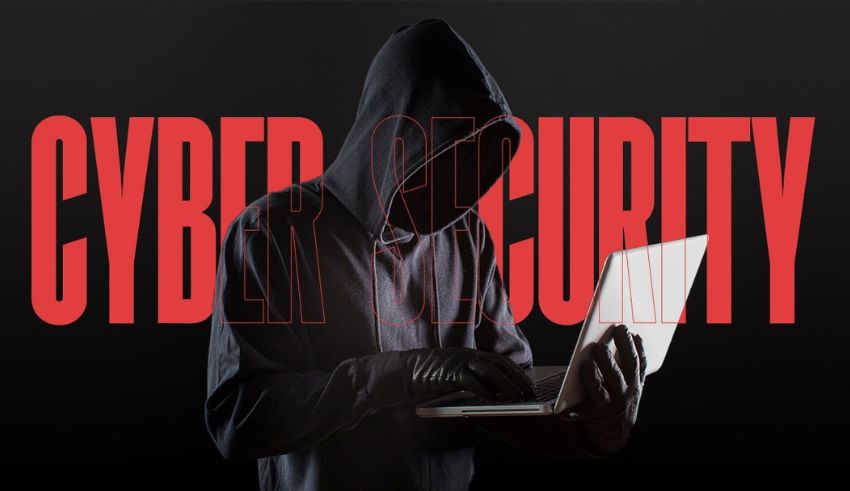
The Philippines has turned to hackers for cybersecurity help as tensions with China rise over the disputed South China Sea. The Philippine government has hired hackers to test and improve its cyber defenses, and to conduct offensive cyber operations against its adversaries. The hackers, who are mostly former criminals or activists, have been recruited and trained by the Department of Information and Communications Technology (DICT) and the Armed Forces of the Philippines (AFP).
What are the benefits and challenges of using hackers?
The use of hackers for cybersecurity and national security has some benefits and challenges for the Philippines, such as:
- Benefits:
- Hackers have the skills and the experience to identify and exploit the vulnerabilities and weaknesses of the cyber systems and networks of the government and its enemies, and to provide solutions and recommendations to enhance the security and the resilience of the systems and networks.
- Hackers have the knowledge and the access to the latest tools and techniques of the cyber domain, and to the underground communities and markets of the cyber world, which can give them an edge and an advantage over the conventional and traditional cyber actors.
- Hackers have the motivation and the passion to work for the government and the country, and to use their talents and abilities for a good and noble cause, rather than for personal or criminal gains.
- Challenges:
- Hackers have the reputation and the history of being involved in illegal or unethical activities, such as hacking, fraud, theft, or sabotage, which can raise doubts and concerns about their trustworthiness and reliability, and their compliance and accountability.
- Hackers have the tendency and the risk of being influenced or compromised by external or internal factors, such as money, ideology, or ego, which can affect their loyalty and integrity, and their performance and quality.
- Hackers have the difficulty and the complexity of working within the legal and institutional frameworks and boundaries of the government and the military, which can limit their creativity and flexibility, and their effectiveness and efficiency.
Keep Reading
How will the Philippines use these hackers?
The Philippines will use these hackers for various purposes and functions, such as:
- Testing and improving the cyber defenses of the government and the military, by conducting penetration testing, vulnerability assessment, and security audit, and by providing training, education, and awareness to the personnel and the stakeholders.
- Conducting offensive cyber operations against the adversaries, such as China, by launching cyberattacks, cyberespionage, or cyberwarfare, and by disrupting, damaging, or destroying their cyber systems and networks.
- Support and enhance the national security and the foreign policy of the country, by gathering and analyzing cyber intelligence, by influencing and shaping the cyber narratives and perceptions, and by cooperating and collaborating with the allies and the partners.
The Philippines, therefore, is using these hackers as a strategic and valuable asset and resource for its cybersecurity and national security, and as a potential and promising force and factor for its regional and global role and position. The Philippines, however, should also be aware and cautious of the risks and challenges of using these hackers, and should ensure that they are properly and effectively managed and supervised, and that they are aligned and compliant with the laws and the norms of the cyber domain.




























